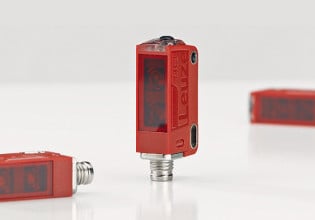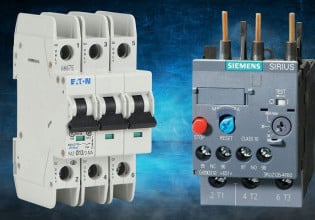Hi CSA, et al,
I am actively looking for a Job change and i have a interview scheduled after 1 week, can you please help me with the following.
1) Any emergencies that you have handled at site on Gas Turbine Operations?
2) What kind of Maintenance work will be der on Gas Turbines and how frequently?
Would be more happy to see your response on this , which means a lot to me.
Thanks & Regards,
Sanjay
I am actively looking for a Job change and i have a interview scheduled after 1 week, can you please help me with the following.
1) Any emergencies that you have handled at site on Gas Turbine Operations?
2) What kind of Maintenance work will be der on Gas Turbines and how frequently?
Would be more happy to see your response on this , which means a lot to me.
Thanks & Regards,
Sanjay






